Getting enough sleep is essential for helping a person maintain optimal health and well-being. Medically, it is advised for an adult to have 7-8 hours of sleep daily. In fact, chronic sleep deprivation is detrimental both to your physical and mental well-being. It can also increase your risk of certain health conditions, like heart disease and type 2 diabetes.
Some foods, if consumed too close to bedtime, can really hold you back from getting a good night’s sleep. We all may crave a snack at midnight sometimes, but it is important to know that such habits might affect your health negatively.

Kindly note these practices about what to do with food before sleeping:
- Avoid eating late at night, as your body will be converting food into energy which will make sleep difficult to come by.
- Pay attention to portion control, as large portions can disrupt digestion, causing problems such as constipation which will prevent smooth sleep.
- Eat something before your body starts to wind down. Going to bed on an empty stomach drops blood sugar levels and interferes with the body’s ability to sleep well.
The food you should avoid at night are:
Caffeinated foods and beverages
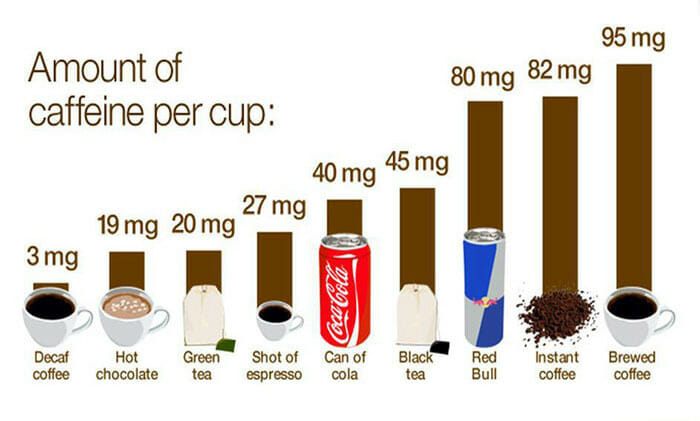
When you think of foods and drinks that give you immediate energy, coffee and other caffeinated products may come to mind. This is because caffeine is a central nervous system stimulant – it increases feelings of alertness and makes you feel more awake and energized. Because of this effect, caffeinated foods and beverages, including soda, coffee, caffeinated tea, and caffeinated chocolate products may negatively affect sleep and keep you awake at night.
In fact, research according to Healthline shows that consuming coffee, even many hours before bedtime, can affect sleep. A small 2013 study in 12 people found that consuming 400 mg of caffeine at bedtime, as well as 3 and 6 hours before bed, significantly disrupted sleep.
Foods that contain caffeine include:
- chocolate
- coffee, including decaf, though in lower amounts than regular
- foods that contain kola nut as an ingredient
- green and black teas
- guarana
- yerba mate
- energy drinks
- foods that contain caffeine or coffee as an ingredient, such as tiramisu
Citric fruits and tomatoes
Eating tomatoes can also have a negative impact on your sleep. This is mainly because of tyramine, a type of amino acid, which increases the activity of your brain and delays sleep. While no one ever said that citrus fruits can ever be unhealthy, however, due to the high vitamin C content, it is not a good choice as a bedtime food as it may cause acidity and heartburn if not digested properly. It will not only disturb your sleep cycle but also spoil your next day with a constant burning sensation.
Spicy Food
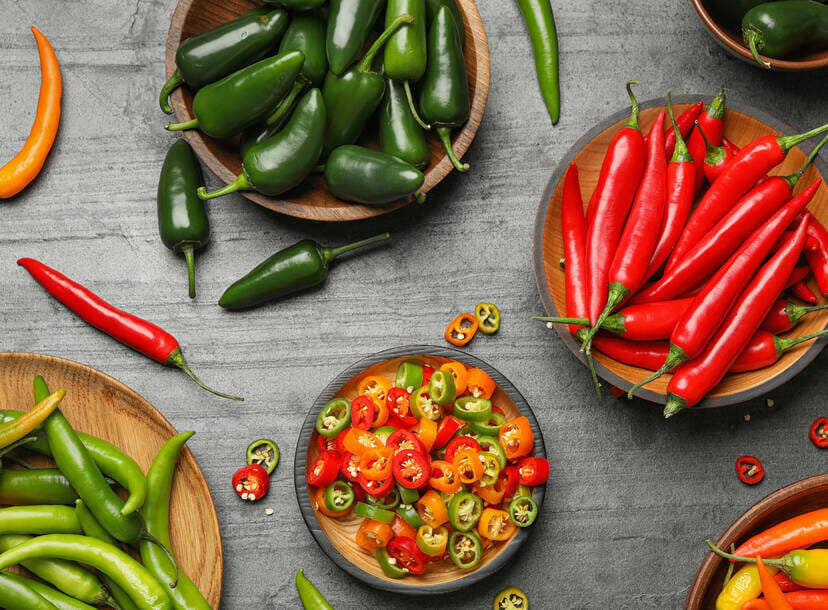
Spicy food, such as curries, hot sauce and chili pepper, contain high levels of capsaicin. This chemical elevates body temperature by interfering with the body’s thermoregulation process, which, in turn, disrupts sleep. Add this to the high levels of energy required to digest the spices, and you can kiss goodbye to a night of deep sleep.
Spicy foods are just one of a number of foods that are known for having a negative effect on sleep. Other foods, especially those which are high in fat and carbohydrates, should be.
Ice Cream & Sugar
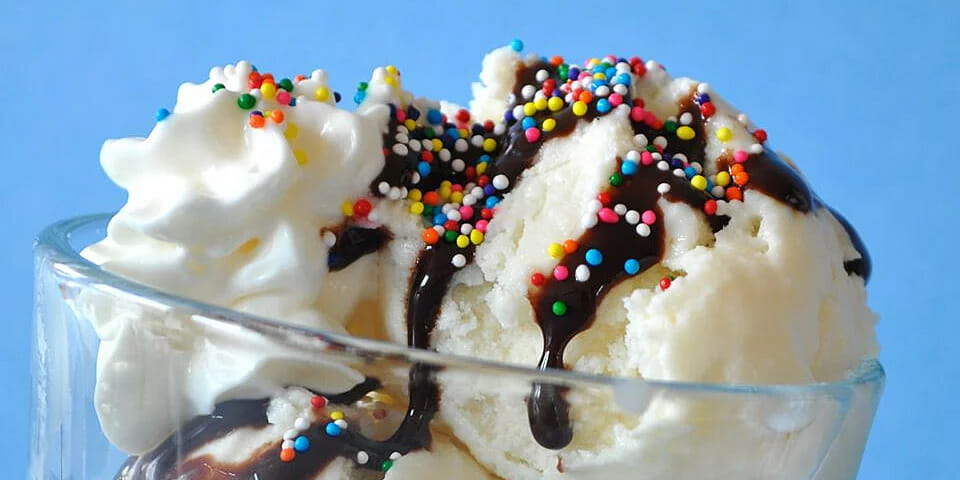
Eating a bowl of ice cream before bed may sound tempting but it may hamper your sleep later. Like fatty cheese, ice cream can also take time to digest and your body really isn’t able to rest well while it’s still digesting foods.
Sugar can also cause your energy to spike, keeping you from falling asleep easily. Those couple of sugar punches and fat makes ice cream a sleep disruptor, rather than a supporter. In fact, candy bars, ice creams, cakes, etc, are all a big no when it comes to eating before bed.
Salty food & snacks
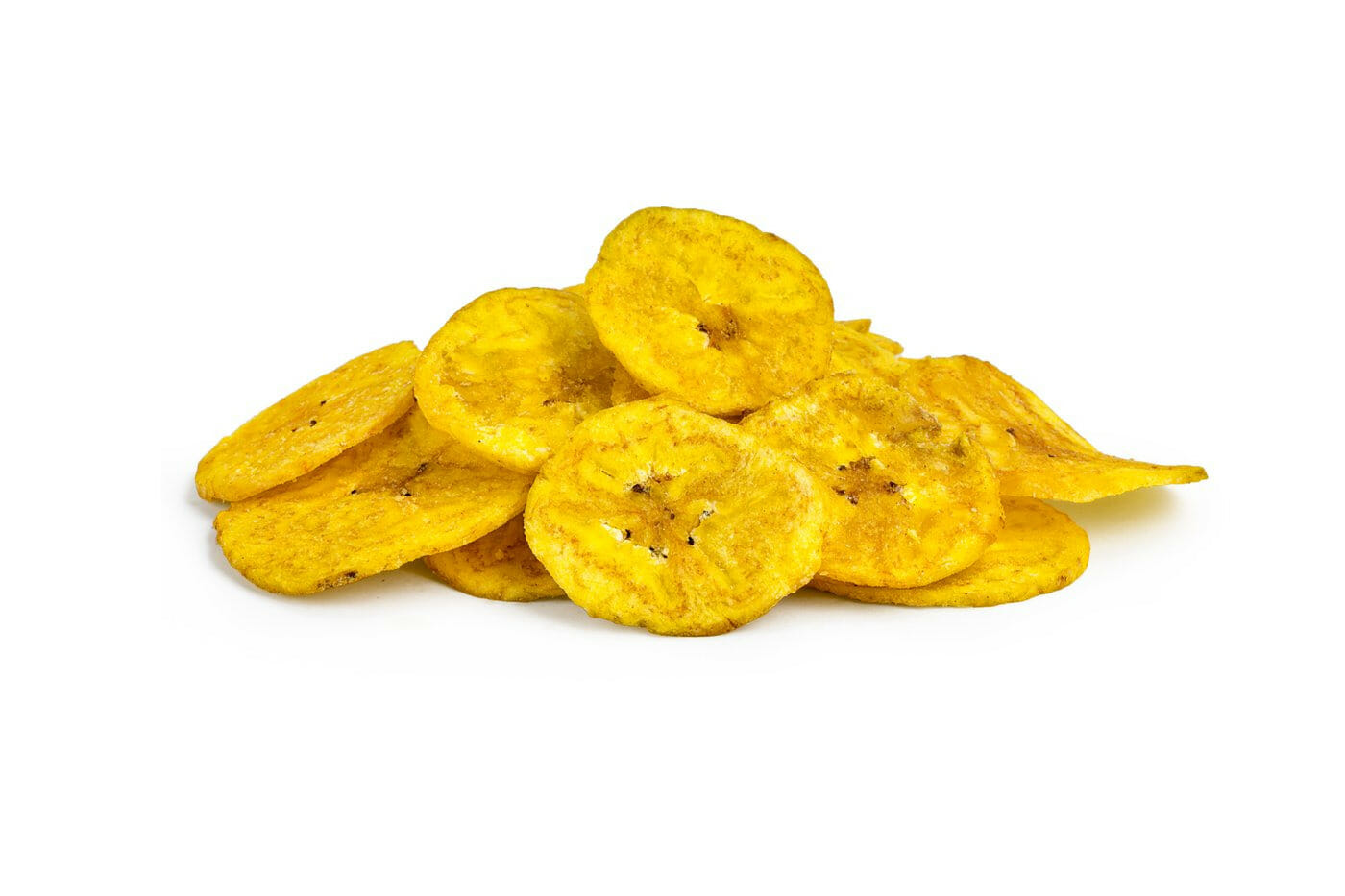
Too much salt dehydrates the body and increases water retention, causing tiredness and fatigue. A study at the European Society of Endocrinology found that salty foods, such as crisps and salted nuts, were some of the worst foods to eat before bed as they contributed to disrupted – or “superficial” – sleep. Experts recommend staying away from salty foods at least two to three hours before bed if you need a good sleep.
Foods With High Water Content
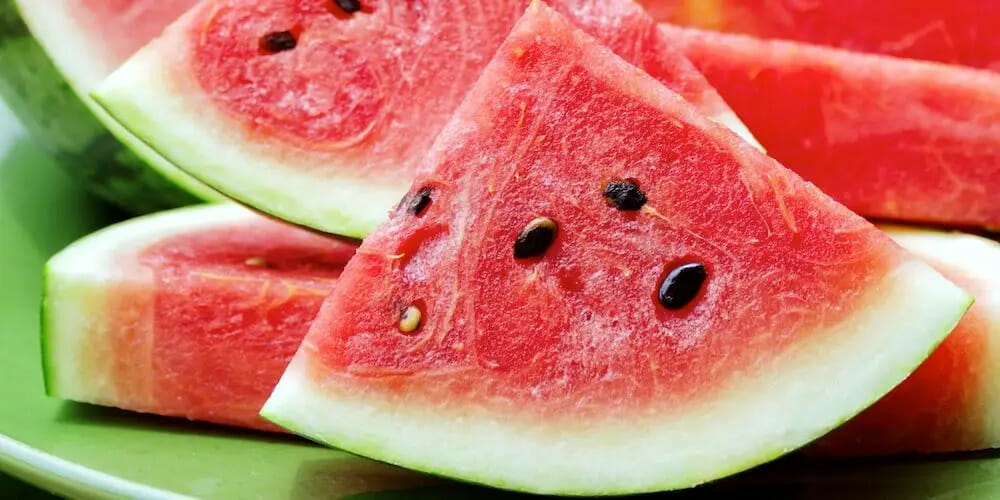
Try to avoid foods with high water content, such as watermelon, and cucumbers. Eating these foods close to bedtime means sleeping with a full bladder, which can make you get up to go to the bathroom in the middle of the night. This can affect your quality of sleep. In addition to this, reduce the amount of water intake; this will prevent you from being frequently pressed to urinate in the middle of the night.

Discussion about this post